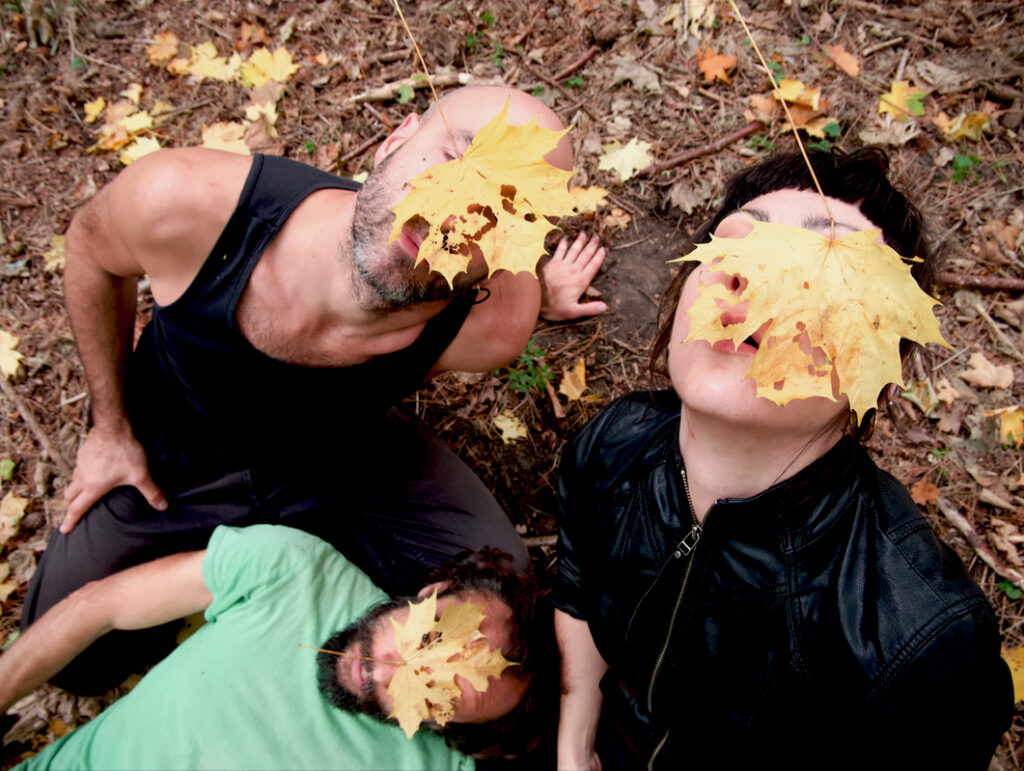Estudio Remo is an interdisciplinary and pedagogical artistic platform that integrates somatic practices, textile experimentation, sound research and agriculture.



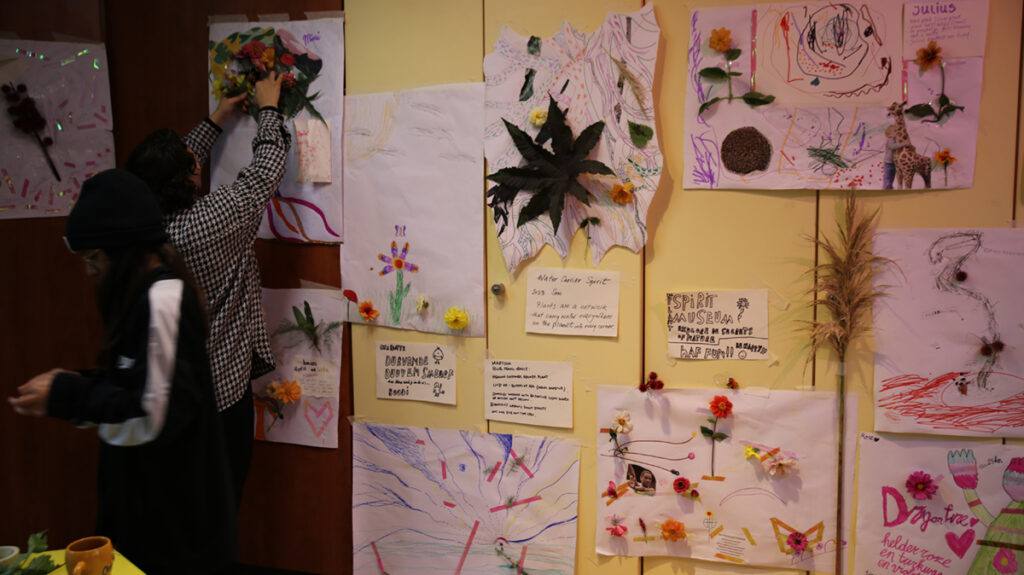
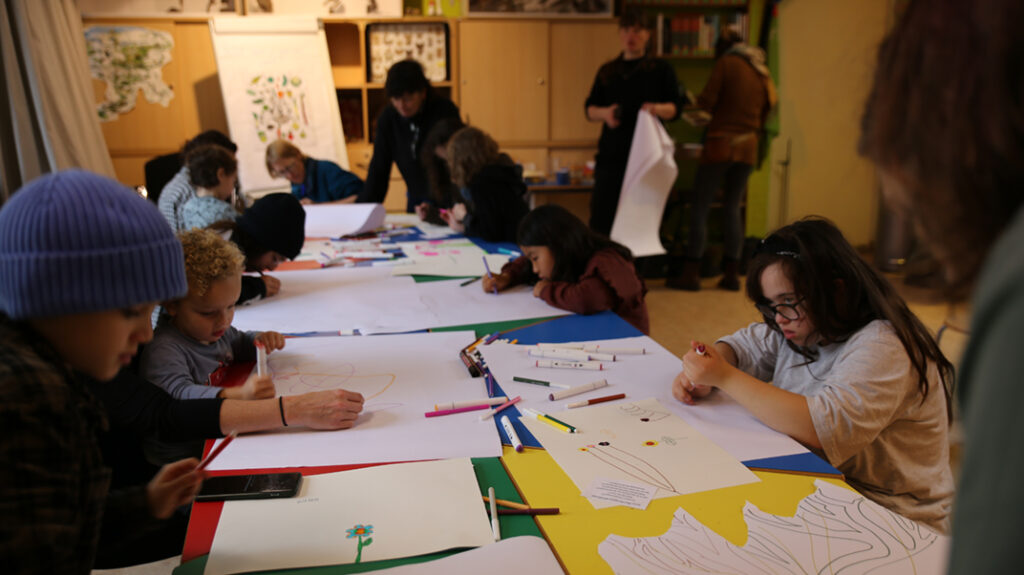


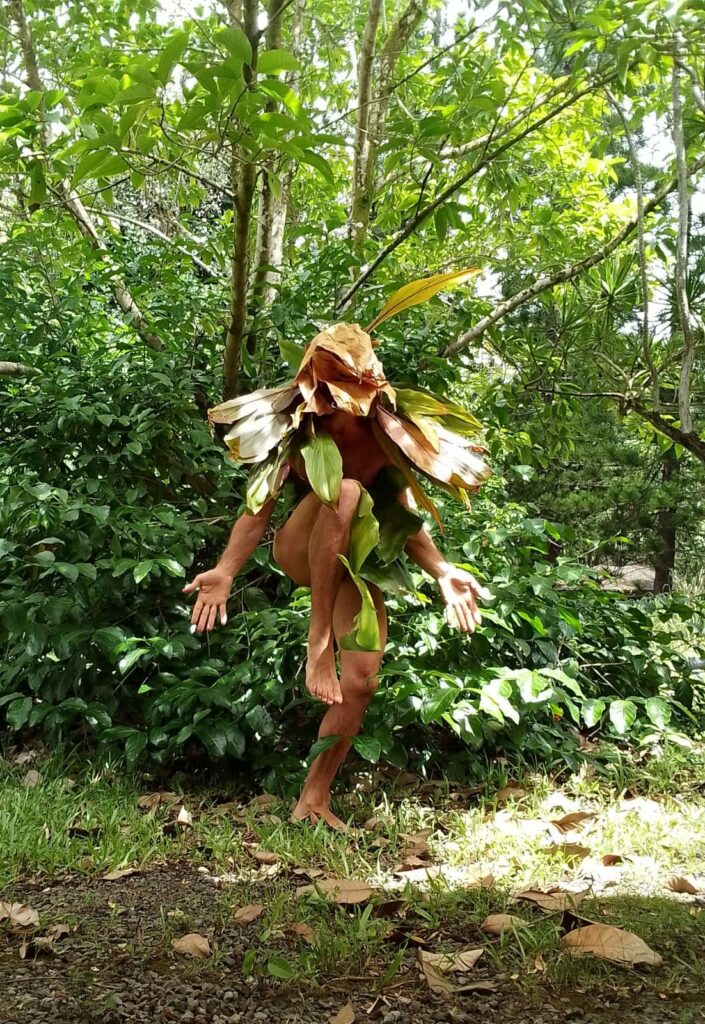
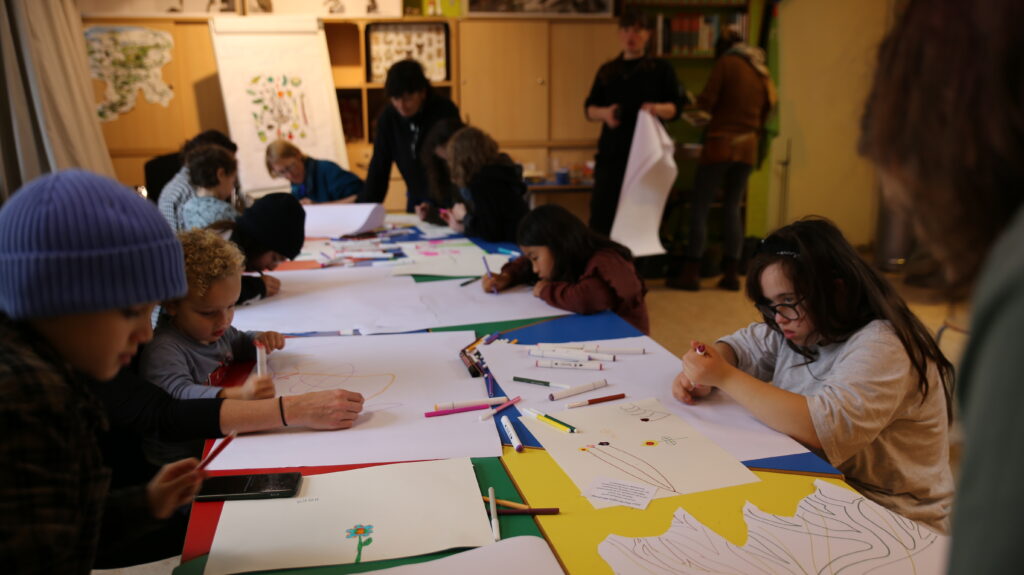
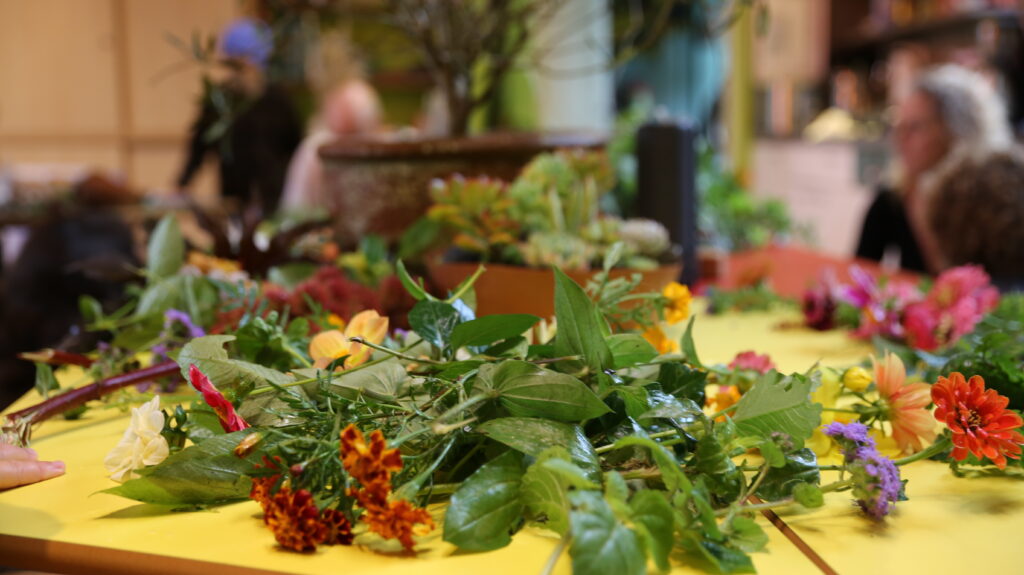
Why do you connect (or want to connect) with this project
Having always been working in urban areas in numerous creative projects for the last 15 years, we have felt the vital need to resituate our practice in natural spaces. This feeling is on the one hand the call to enrich the processes of research and artistic creation with what we have come to call deep listening. On the other hand, the approach to agriculture and its knowledge for the development of communities around this feeling.
Collaborative processes like this are essential to us and shape the philosophy of our work. Building this new reality as we get to know each other is exciting and deeply encouraging in these times of hopelessness, injustice, individualism and uncertainty.
Our work is no different from our life, we do not understand individual development without a context of cooperativism and development of the collective good; that is why this project contains the vital foundations on which future dreams are based,
A longer description for your own member page
Our work at ReMo Studio in the north of Amsterdam, from its inception in 2019 until its closure in December 2023, has accommodated a wide range of artistic concerns, offering in its latest stage a broad children’s programme through the PLAY festival.
While the basis of all our research begins and ends with bodies: dance, somatic practices and the therapies associated with them. However, our research and creative processes are nourished by an interdisciplinary drift (textile and visual arts, sound arts, literature…) that reflect the innate interconnectivity between processes and the natural hybridisation of forms. Our pedagogical work has approached nature in the last two years by proposing trainings and encounters in different parts of the world, where we propose a re-approach to the creative process through coexistence in natural spaces. We feel that the human being close to nature innately develops what we have come to call: deep listening.
The saturation of information and the high speed of events and changes in today’s society, has made us want to invest our time and energy in processes that root us, that take us to the ground and to the rhythm of the earth as a premise of knowledge and human encounter; and it is from this place that we want to continue developing.
